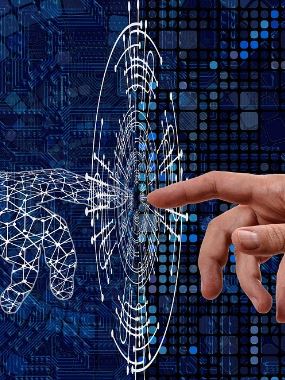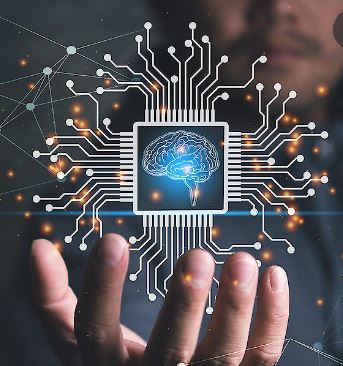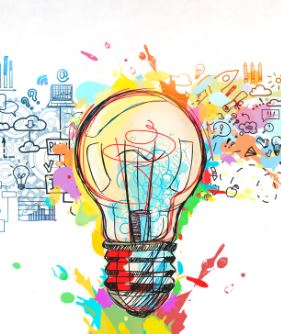An influencer is a content creator with a commercial intent who tries to build trust and authenticity-based relationships through social media platforms.
As the Metaverse intensifies consumer engagement, the influencer-based economy gains momentum. At the EU level, no specific legislation to regulate influencer marketing is yet in place.
Late 2021, following Facebook’s rebranding to Meta, Microsoft positioned the Metaverse as “a digital space inhabited by digital representations of people and things”, creating a new artificial reality experience.
Some researchers conclude that a ‘true’ reality discussion related to the Metaverse is pointless because we live in a simulation already.






